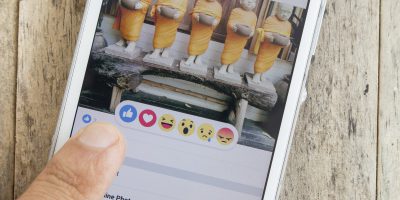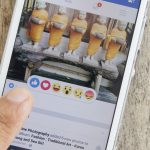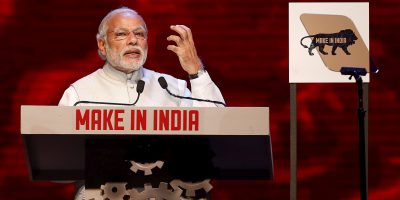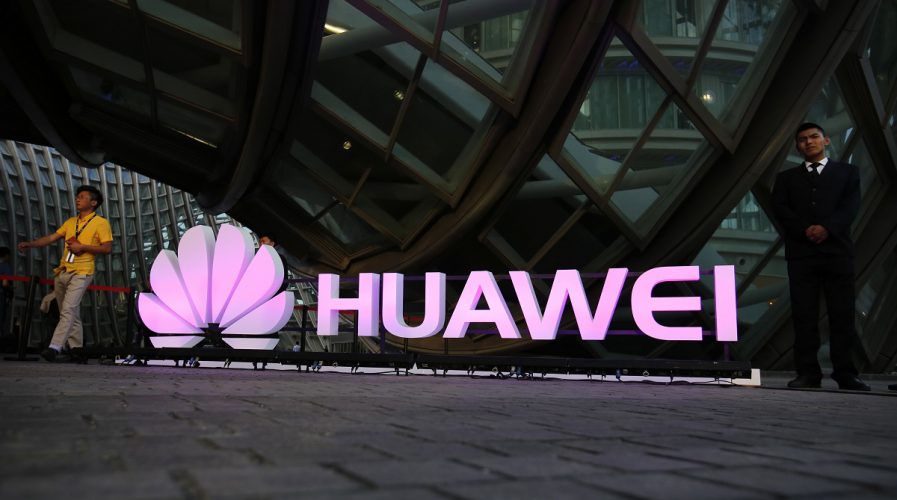
Huawei dragged China’s smartphone market down in 2020. Source:: AP
Huawei crowned as China’s most authentic brand
AUTHENTICITY is a hotly fought over quality among brands, but among smartphone makers, Huawei Technologies has emerged as the most authentic in China according to a report by a US-based communications agency.
Cohn&Wolfe said that the world’s biggest telecommunications supplier had won itself pole position as one of the most authentic brands on the mainland, thus unseating its predecessor, the Bank of China. The ranking represents a significant milestone for Huawei as it signifies the nationwide shift in views about what kinds of products are valuable.
Previous accolades include a 49th placement in BrandZ’s 2017 report on the world’s most valuable brands.
Huawei has seen its star rise all over Asia as it overtook popular offerings from South Korean Samsung and the American Apple and reset the stage for what a homegrown Chinese brand could produce in terms of electronics. Consumers today helped the company achieve the second spot for global smartphone shipments for the first time this past summer, thus outpacing Apple.
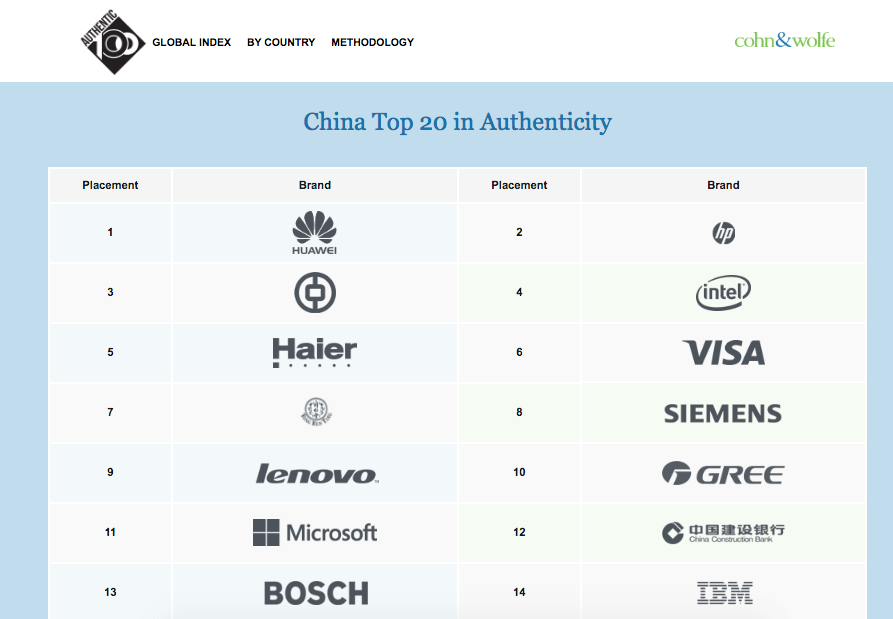
Source: Cohn&Wolfe
The South China Morning Post reported Huawei founder and chief executive Ren Zhengfei explained that Huawei’s approach to its brand is “to keep up with the times” despite the chaotic uncertainty that have complicated our relationship with technology.
“As we continue to immerse ourselves in product research, we will also increase our investment in researching uncertainty,” he said to the daily.
Huawei earned as much as CNY521.6 billion (US$79.2 billion) in revenue last year, and has seen critical success with its Mate and Honor handsets.
Cohn&Wolfe’s 2017 Authentic Brands study was based off surveys and research into the “impact of authenticity on consumer, investor and employee attitudes and behaviors”. The communications company questioned 15,000 customers in 15 different markets about their perceptions of more than 1,4000 brands, which were culled down to the top 100.
According to Cohn&Wolfe’s Asia Pacific operations president Matt Stafford, the report indicated that “consumers value authenticity and will reward brands that work on being reliable, respectful and real – the three main drivers of brand authenticity”. The report further said that in Asian countries, brands with authenticity usually got more positive sentiments from consumers.
In China, 43 percent of respondents said they felt positively towards authentic brands, while 27 percent of Indian respondents said they perceived the brands as “open and honest”. Both countries projected higher than the global average of 22 percent.
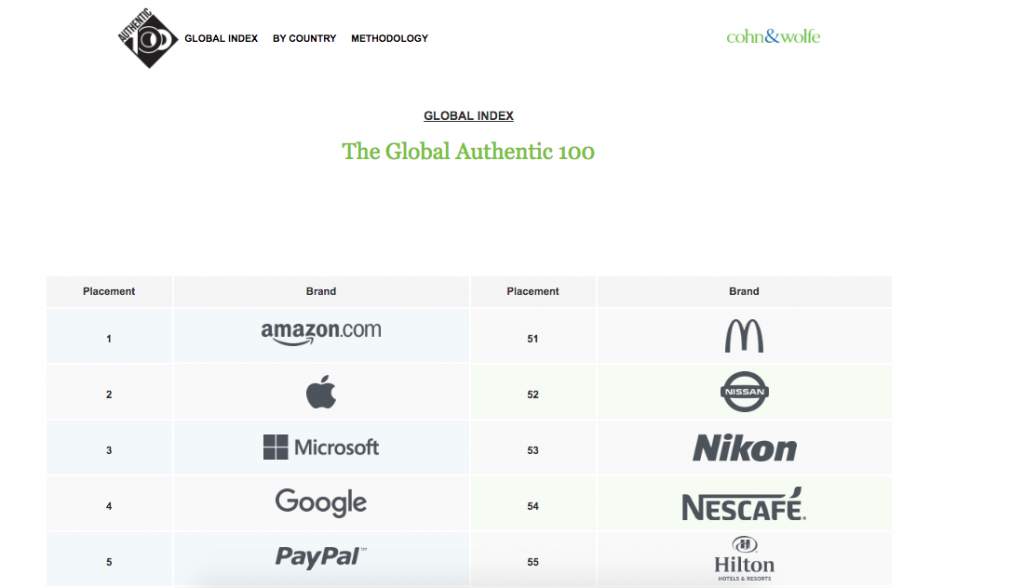
Source: Cohn&Wolfe
However, those facts are counterbalanced against the fact that Asian countries also said that brands should “take full responsibility for their actions”. It’s an interesting fact that suggests that though Asians are far more willing to project positivity onto brands, it comes with a big social responsibility caveat.
In Hong Kong, more Western brands dominate the top 20 positions, with Google, Apple, and IKEA dominating the top three positions. In comparison, China features far more homegrown brands, including the Bank of China, the Haier Group, hardware maker Lenovo, and Chinese pharmaceutical company, Tong Ren Tang.
The top three positions in India were claimed by technology companies – no surprise for India’s tech-focused economy – Google, Microsoft and Amazon. Only three homegrown companies featured in the top 20 – Bank of India, Life Insurance Corporations and Bajaj Auto.
Indonesia showcased their local pride with many offerings in its top 20 list, including Bank Central Asia, Garuda Indonesia, water producer AQUA, the national bank BNI, and the state’s oil and natural gas producer, Pertamina. In its top position is the Malaysian Bank Rakyat.
Globally, technology companies ranked highly as some of the most authentic brands, with Amazon, Apple, Microsoft and Google taking the top three positions.
READ MORE
- The criticality of endpoint management in cybersecurity and operations
- Ethical AI: The renewed importance of safeguarding data and customer privacy in Generative AI applications
- How Japan balances AI-driven opportunities with cybersecurity needs
- Deploying SASE: Benchmarking your approach
- Insurance everywhere all at once: the digital transformation of the APAC insurance industry



